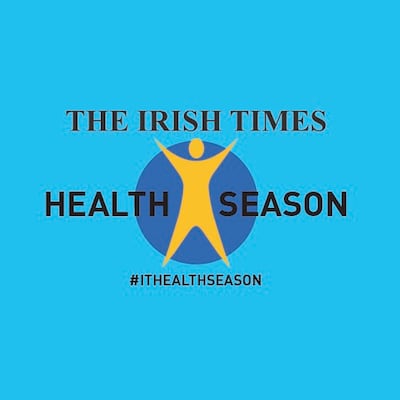I doomscroll. Not just in the literal sense of the word, which, according to dictionary.com, is “the practice of obsessively checking online news for updates, especially on social media feeds, with the expectation that the news will be bad”.

I check the news and then lose far too much of my life reading the random posts and musings of people I know and people I don’t. Then, like any normal human being, I mutter to myself what a cesspit certain platforms are and laugh at funny videos on another, before getting on with my real-world life.
Sometimes, though, in my random scrolling, a post catches my attention and makes me think a little more about it. And one particular fine day as I searched on social media for answers to some of the universe’s most complex questions, I saw a woman post that she had decided not to have children because other people told her how awful it was.
For recommendations on Netflix series, books, movies or good customer service it’s understandable that someone might be influenced by others to make a certain choice. But for a life-changing decision such as having children, the idea that someone was influenced not to have children because of so much negative commentary around having them, well it’s enough to give us even more reason to feel that mum guilt.
READ MORE
[ ‘I really hate being late, but, well, I’m always late’Opens in new window ]
But have we swung far too much from the sometimes sickeningly, saccharine-sweet social media representation of #Blessed and #MotherhoodCompletesMe to an overly negative narrative on parenthood that might instead be better represented by the hashtag #WhatInTheNameOfJaysusWasIThinkingHavingKids?
Or is it perhaps instead, when the floodgates opened and people began to acknowledge how hard it is, and it really is hard – with hard being subjective, depending on circumstances – that the reality of parenthood just isn’t that attractive in a society that has a long way to go to properly support parents, and namely mothers, in particular?
The thing is, when you have children, and even when you’re trying to have children, you become quickly aware of the existence of support groups, either in real life, or virtually. Trying-to-conceive support groups, pregnancy and baby loss support groups, breastfeeding support groups, mother and toddler groups, children with additional needs or disabilities support groups, parenting forums, postnatal depression support groups, to name but a few.
The very need for so many different types of support groups around parenthood, when support groups are typically associated with managing or getting through negative experiences in life, throws up its own questions for anyone considering parenthood.
But even though we may be better at recognising the need for support in certain aspects of parenthood, it can be difficult, still, to acknowledge how overwhelming parenthood can be on an individual basis. Something I was reminded of when I asked parents about it recently.
[ Dear stranger, please don’t touch my babyOpens in new window ]
“Our generation of women were told we could have it all – but that means doing it all, it’s a lot,” one mother said. Another woman admitted to “feeling guilty” just for acknowledging that she was overwhelmed.
“I want to be the best parent, but also the best employee, and dutiful daughter to ageing parents,” one mother replied referring to the difficulties around “the demands on your time and trying to be there for everyone”. The responsibility of being a “single parent, terrified making all the decisions affecting child’s future/wellbeing alone”, felt overwhelming for one mum.
Housework, navigating the education system for children with additional needs, being unable to access supports for children with disabilities, not being able to give one-on-one time to children in families with multiple siblings, feeling burnt out, trying to manage the mood swings of teenagers, dealing with child or teenage anxiety, not being able to afford to buy a home and the constant financial stress of renting and childcare costs, homework, afterschool activities, screen time battles, not feeling like a real mum, trying to juggle work when children are sick and the never-ending mental load were just some of the reasons mothers told me they felt overwhelmed.
And then there was the reply that questioned if all of it was just normal: “Yes [I feel overwhelmed.] Work full-time, have two teens and elderly parent. But doesn’t everyone at my age?”
I thought back to a recent conversation with a friend about the all-consuming nature of parenthood. The wait for updates when things haven’t been going well in their young lives. Their worries are your worries. Their wins are your wins. And the realisation this doesn’t end when they reach various milestones, or even adulthood. But the support can end.
It’s enough to make you question it all.
Still, I’d recommend it, if someone was so inclined. Though you’d hope that wouldn’t be the basis for their decision.













